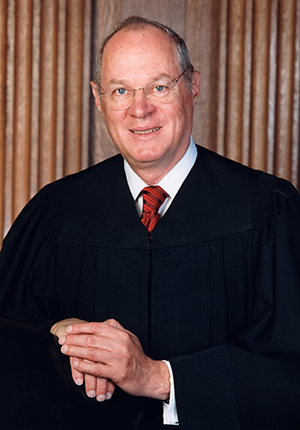Summary
Citizens United, a nonprofit corporation that advocated in various ways against Hillary Clinton in the 2008 presidential primary, argued that a federal law’s bans on independent political advertising was unconstitutional. The Supreme Court agreed, holding that speech was protected regardless of the speaker’s corporate identity and that independent communications are inherently not corrupting. This holding interpreted the Constitution, specifically the First Amendment, to provide the same First Amendment speech rights for corporations as accorded to natural persons, allowing corporations to spend unlimited funds on campaign advertising so long as they do not “coordinate” with a campaign or candidate.







